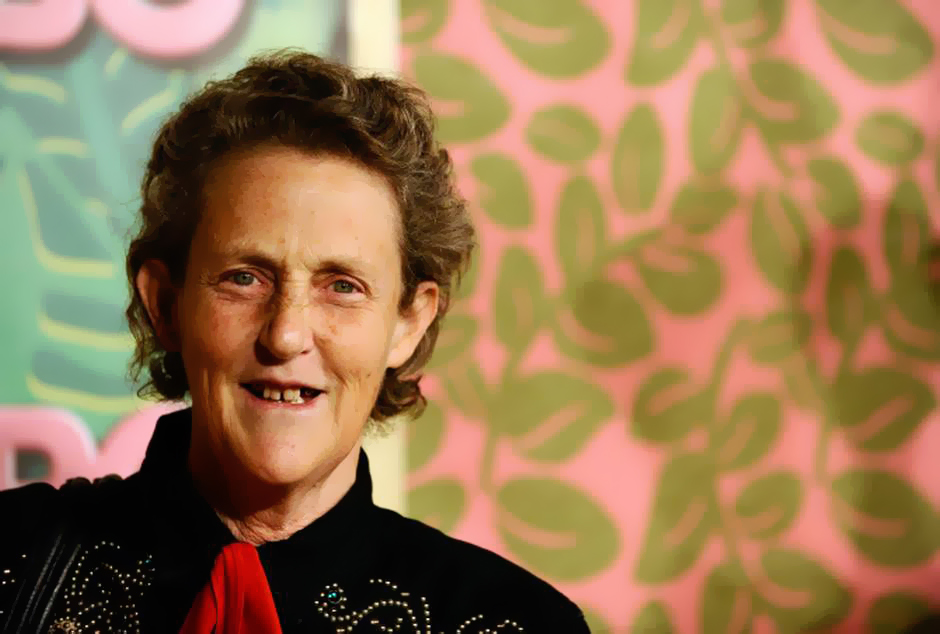Temple Grandin, SXSWEdu 2016 opening keynote speaker, is a professor of animal science at Colorado State University and often speaks about her personal story of autism and cattle handling.
Temple, this charming quirky character, shared her personal story of growing up with the label of autism. Her talk was both inspiriting and entertaining.
As Temple Grandin stated, to help people learn, you need to first realize people think differently. Different kinds of minds mean different problem solving skills. For example, restricting students to one path of achieving a goal, such as requiring a non-needed prerequisite for advanced courses, might set a very high boundary for people who think differently. As Temple claimed, learning should be building up things that people are good at.
The four different kind of minds Temple discussed are:
- Photo Realistic Visual Thinker, also known as an Object Visualizer: Learners who are photo realistic thinkers are usually poor in reading.
- Pattern thinker, also known as Spatial Visualizer: Learners might be strong in music and math but poor in reading.
- Verbal Facts Language Translation: Learners might be poor at drawing.
- Auditory Thinker: Learners’ visual perception is fragmented.
There may also be mixtures of these thinking types.
As a visual thinker, Temple focused her talk on visual thinking
Characteristics of Visual Thinking
- Objects visual thinking is bottom up: concepts are formed by showing the pig pictures first.
- Concepts consist of specific examples placed in categories: putting new learned knowledge into categories.
- Visual Thinkers notice details
- Sensory Based not Word Based
- Visual thinking is associative
Temple wrapped up her session with her overall concerns and suggestion in education:
- Huge shortage of people in skilled trades: average age of people on farming and ranching is over 50; 31% of the student have never been to the farm; and 50% of the young adults in the uk failed to connect pigs with bacon
- Ensure hands on practice and allow encountering the world of practical things
- Utilize open resources:
- 4-H small engine repair
- Maker Space
- Hacker Space
- Khan Academy
- Forum on your favorite subject
When projects are being designed, people with different ways of thinking have complementary skills. —Temple Grandin, SXSWEdu 2016

